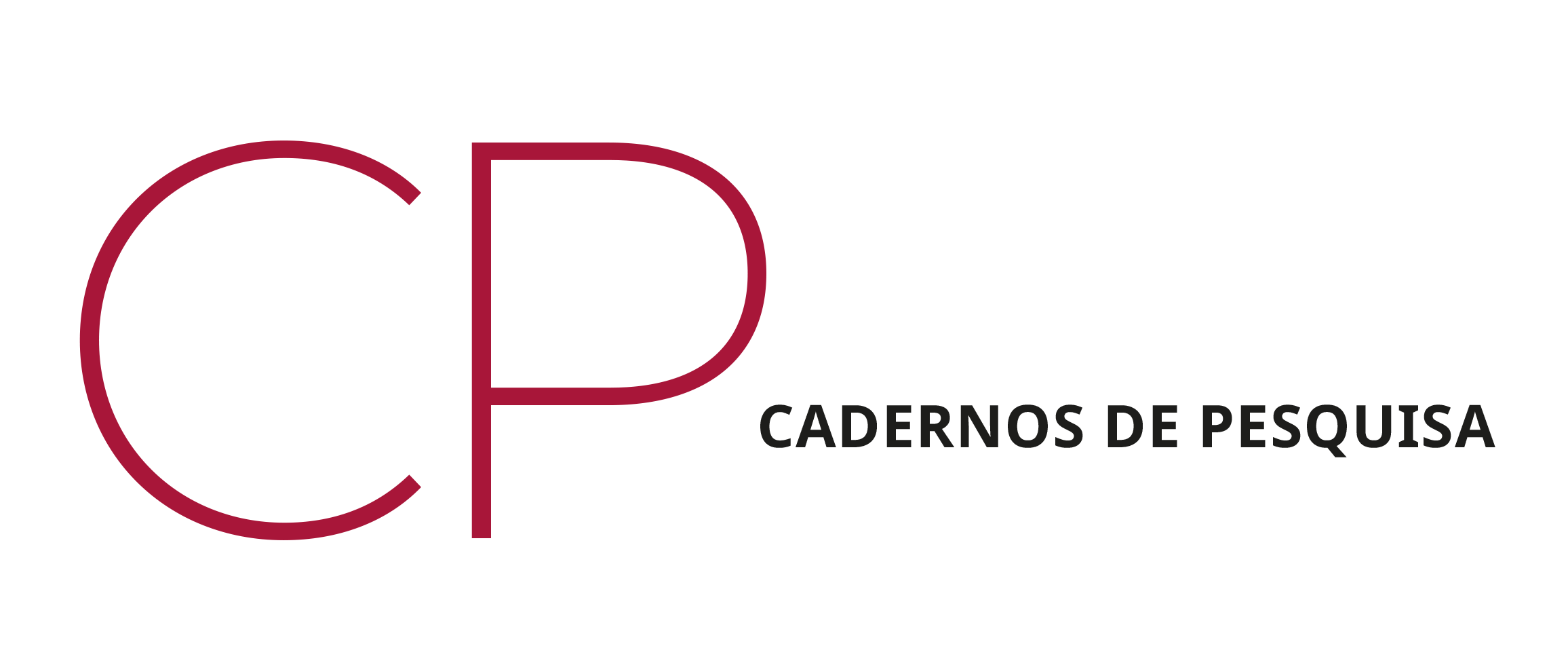This paper aims at analyzing a group of practices that have been used to alphabetize youths and adults, which have the recovery of self-esteem as their central focus. This study has employed part of discourses of the Solidary Literacy Program (Programa Alfabetização Solidária), recorded in a series of periodical publications, from 1997 to 2002, which were nationally distributed. From studies carried out by Michel Foucault, this analysis has considered the notions of government and discourse. The argument developed in this text intends to show that the emphasis on raising self-esteem has functioned as one of the governing strategies of the Solidary Literacy Program. The strategies have been brought into operation by means of production of low self-esteem as a problem that hinders the literacy process; development of self-confidence by disciplining bodies and minds; and productivity of the strategy of valuing self-esteem evidenced in the change of conduct of individuals who become literate. These practices invest in raising one's own self-esteem as well as the others', betting on the involvement, persistence and permanence of the student in literacy programs to operate the desired changes both in the individuals and in the places with high illiteracy indexes.
SELF-ESTEEM; ADULT EDUCATION; LITERACY; PROGRAMA ALFABETIZAÇÃO SOLIDÁRIA
